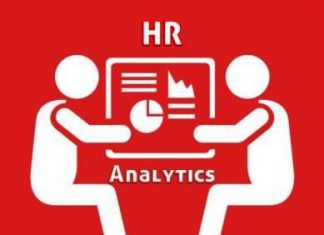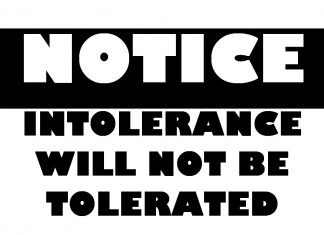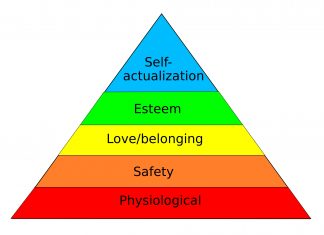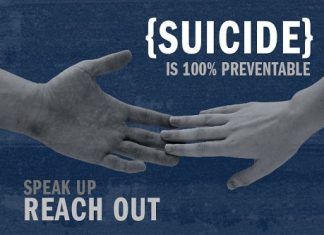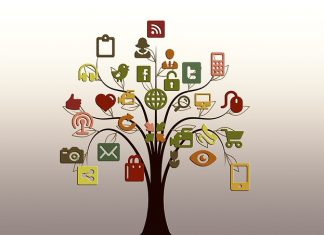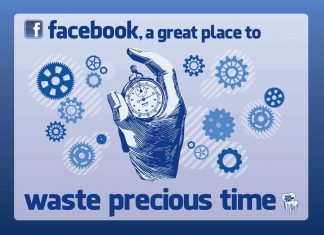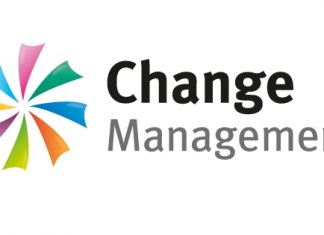New Year Special: Culture Milieu: 2016
How the organisational culture could change in 2016 and impact people and companies.
How is HR analytics changing people management?
It is developing an engaged, agile and flexible workforce by making use of data to obtain valuable insights on the employees.
New Year Special: Disruptions in HR: 2016
As the end of the year 2015 approaches, it is time to think of the HR disruptions and innovations one is likely to see in 2016, and beyond. One may not have the perfect handle of all changes happening but directionally these are some of the likely occurrences.
New Year Special: The Learning Zodiac: 2016
As the new year starts knocking on the door, there will be predictions galore. So, here is what Abhijit Bhaduri thinks could be the future of learning for each sun sign. Pun Intended, just read and enjoy!
Intolerance for Industrial Relations
Intolerance grows to the level of incapacity in dealing with the four dimensions of universal phenomenon—need, greed, support and ignorance.
IR Mindset: Why should we work for the company?
Each individual works to satisfy his own need, greed and ego. Each person plays a role in the company’s fitness and has to be paid for his contribution to the same, proportionately.
7th Pay Commission: Compensation changes have a positive though very limited...
Let us creatively appreciate the highlights and take a guess whether this additional cost will create gross national value on the hypothesis: 'happy, engaged and motivated employees co-create better yield'!
7th Pay Commission: “Just design intents with no elements can’t change...
HRKatha gains exclusive insight into the perspectives of industry leaders, on the 7th Pay Commission. Rajesh Padmanabhan talks about how it could affect the Government workspace, consumerism and talent acquisition.
7th Pay Commission: While the government is a great employer, its...
Industry leaders share their perspectives on the 7th Pay Commission exclusively with HRKatha readers. Prabir Jha candidly dissects the recommendations and dwells on its flip side.
Why does Darwin’s theory fail in ‘Industrial Relations’?
When Darwin explored ‘survival of fittest’, the ‘emotional intelligence’ was not a developed subject in the new-world. Now, we are very successfully dodging the growth fitness with our hypocrisy.
Paying more to an unknown angel
Ironically, the less we know about potential hires and their propensity to contribute to an enterprise, there is a greater probability of them being incentivised in terms of rewards, remuneration and compensation!
How Maslow’s theory works in Industrial Relations?
IR managers need to align workers and their leaders to productive co-existence at all the levels of Maslow’s hierarchy of needs.
Paying less to a known devil
Ironically, the more we know of employees and their longevity in an enterprise there is a greater probability of those employees being short changed in terms of rewards and remuneration – the Known Devil Syndrome!
How can organisations help employees with suicidal tendencies?
The percentage of suicides in the working population is increasing at a disturbing rate. Data reveals that there is an incidence of self-killing every 40 seconds.
Be social on social media
It has become pertinent for job seekers to keep an eye on social media, where a lot of activity is constantly happening.
How to keep a check on cyberloafing
There are ways to reduce the growing menace at work - cyberloafing - other than relying solely on the employees’ self-control.
How can ‘change’ be introduced to an organisation?
Change is difficult, but not as difficult as we tend to make it. There is a process — too complex to summarise fairly in eight lines — so consider this merely the tip, of the tip, of the iceberg.
How can organisations give direction to employees’ careers?
It is said that the job belongs to the company, but the career path belongs to the individual. But the career development efforts of organisations can help their employees find a direction to their careers.
What makes an efficient IR line manager?
In the changing phase of industrial relations and the increasing potential for conflict in industry, the field of IR needs to reinvent itself and face the present situations.
Change management: Seven key questions
If we answer these questions specific to change management, we will be able to address the major concerns related to the change.
Mid-career choices: ‘What’ you do vs ‘how’ you do
While careers are planned for some, for others it is circumstantial.
The myth of control
Unlike common perception, many leaders at the highest level of management actually lack the basic guts to speak up for what is right against their bosses. Just that their designation happens to be CFO, COO, CHRO, VP, Senior V-P or President not withstanding. It's a social trap that they have inextricably locked themselves into and lost the integrity to speak up when there is a need to do so.
Of challenges, problems and strategies
A strategy is different from a problem. Change your ways and tackle each separately.
Challenges of a Woman Techie
Are our women ready to take on the jobs in the $120 billion Indian IT industry?
People Management: Where did Apple go wrong?
A blog by a former Apple employee forces one to question the work culture in today’s organisations.
Are women genetically designed to be multiskilled and multitalented?
Years of social conditioning has confined women to playing the roles of daughter, wife and mother, one at a time but they are capable of much more.






